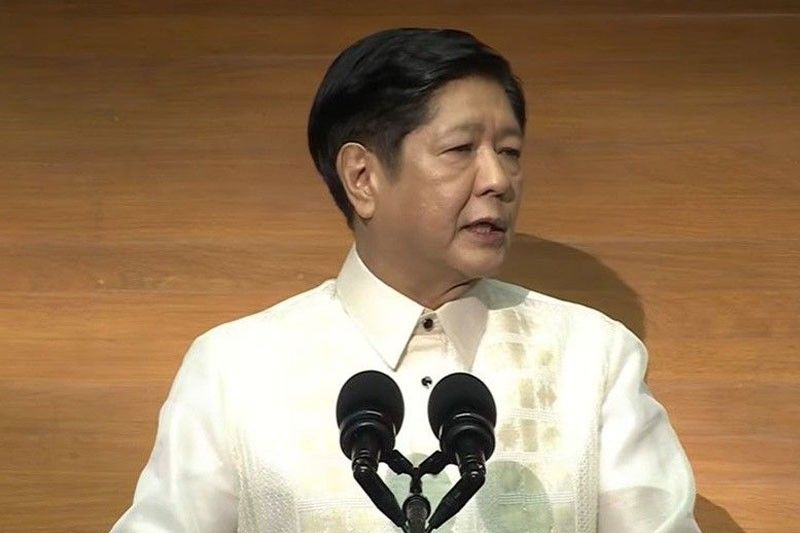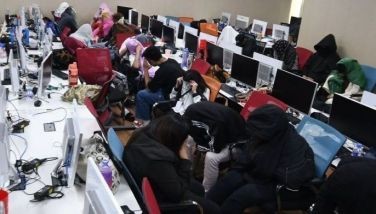President Marcos: Business sector most aggressive agency of change

MANILA, Philippines — President Marcos described the business sector as the “most aggressive agent of change” as he called for partnerships between the government and the private sector to advance sustainable growth and climate action.
Speaking at the 3rd Asia Pacific Economic Cooperation (APEC) Business Advisory Council meeting in Cebu City on July 28, Marcos said the public and private sectors can work together to address energy insecurity, climate change, pollution and biodiversity loss; standardize data templates, indicators and baselines across economies and craft standards on responsible business conduct.
“The business sector, as not only a major contributor to the economy but also the most aggressive agent of change in our society today, has a role to play,” the President said.
According to Marcos, the government has identified the use of renewable energy as the top of its climate agenda and needs the support of the business sector to achieve its objectives.
Marcos also pointed out that using data and models that come from business activities has its benefits. He noted that designing the green transition of the transportation sector, building of green corridors and modernizing of public transportation require an analysis of fleet capacity and travel time, fuel consumption and other data to ensure informed decisions on projects.
He likewise urged the business sector to cooperate in setting up standards on responsible business conduct that would encourage sustainable practices while balancing rapid growth, even as he admitted that it is “not a simple job to do.”
The President also expressed support for efforts to boost micro, small and medium enterprises.
“Our multilateral efforts also serve to enable the inclusive development of our sectors with untapped economic potential. Micro, small and medium enterprises, MSMEs, make up the majority of our businesses and sources of employment. Thus, it behooves us to equip them with digital tools and skills to enable their participation in the digital economy,” he said.
In the same speech, Marcos assured the APEC Business Advisory Council of the Philippines “full commitment and support.”
Trade Secretary Alfredo Pascual emphasized the need for APEC economies to steer its economic trajectory towards sustainable growth.
“Let us pledge to create regulations that promote environmental stewardship, advocate for responsible consumption and production and ensure that our growth leaves no one behind,” Pascual said.
He emphasized that international and domestic policies define the direction of one’s trade relations.
“Therefore, it is important that at the domestic level, our policies remain consistent in keeping the markets open,” he said.
Pascual shared that the Philippines has enacted key legislations to provide a more conducive and transparent business environment, including the Corporate Recovery and Tax Incentives for Enterprises Act or CREATE, the Amended Foreign Investment Act, the Amended Retail Trade Liberalization Act, the amended Public Service Act and the 2022 Strategic Investment Priority Plan.
In support of industry development initiatives, the country has eliminated tariffs on electric vehicles; liberalized the current investment regimes on solar, wind and tidal energy and extended the duty-free status of imported meat, rice, corn and coal to respond to global supply chain disruptions.
“Through these developments, the Philippines is committed to nurture a healthy business and regulatory environment that will move us all forward and closer to the achievement of economic prosperity,” Pascual said. — Catherine Talavera
- Latest
- Trending
































